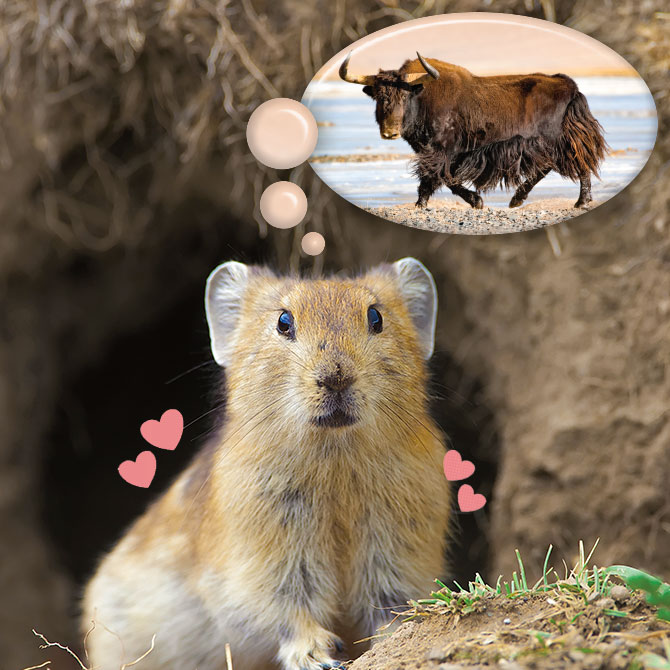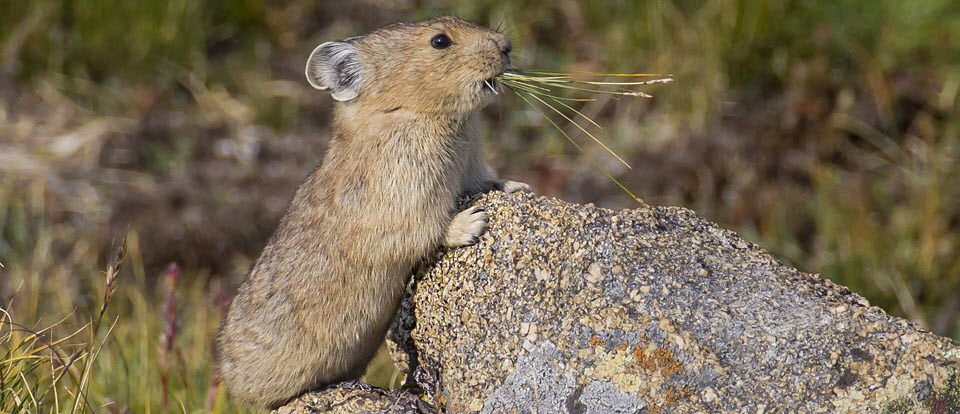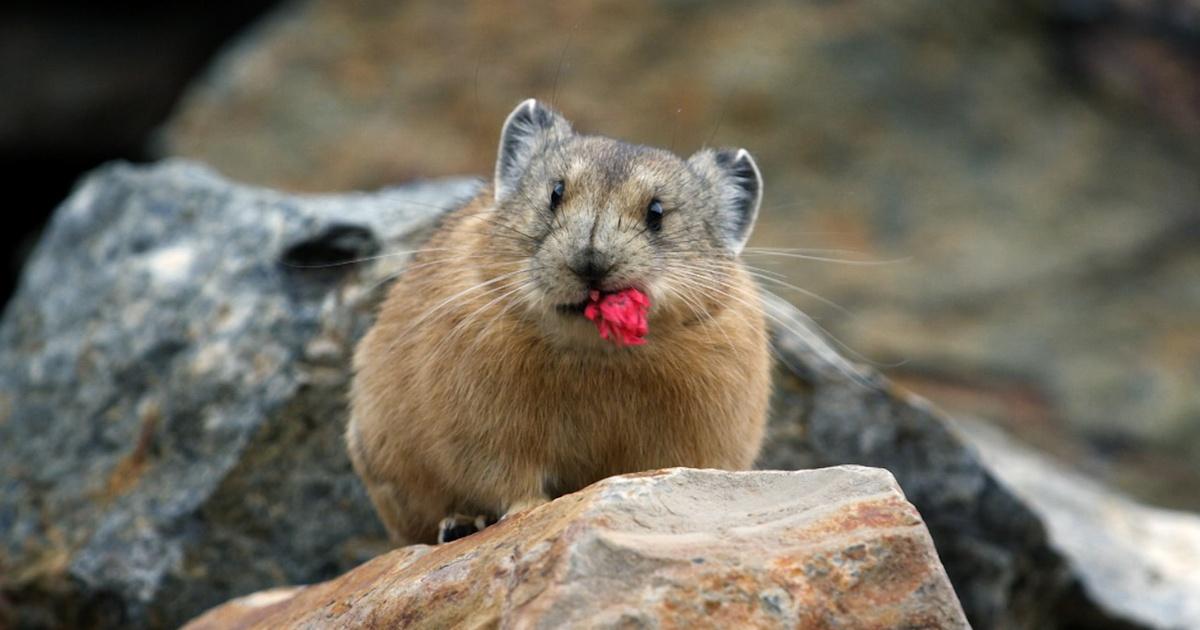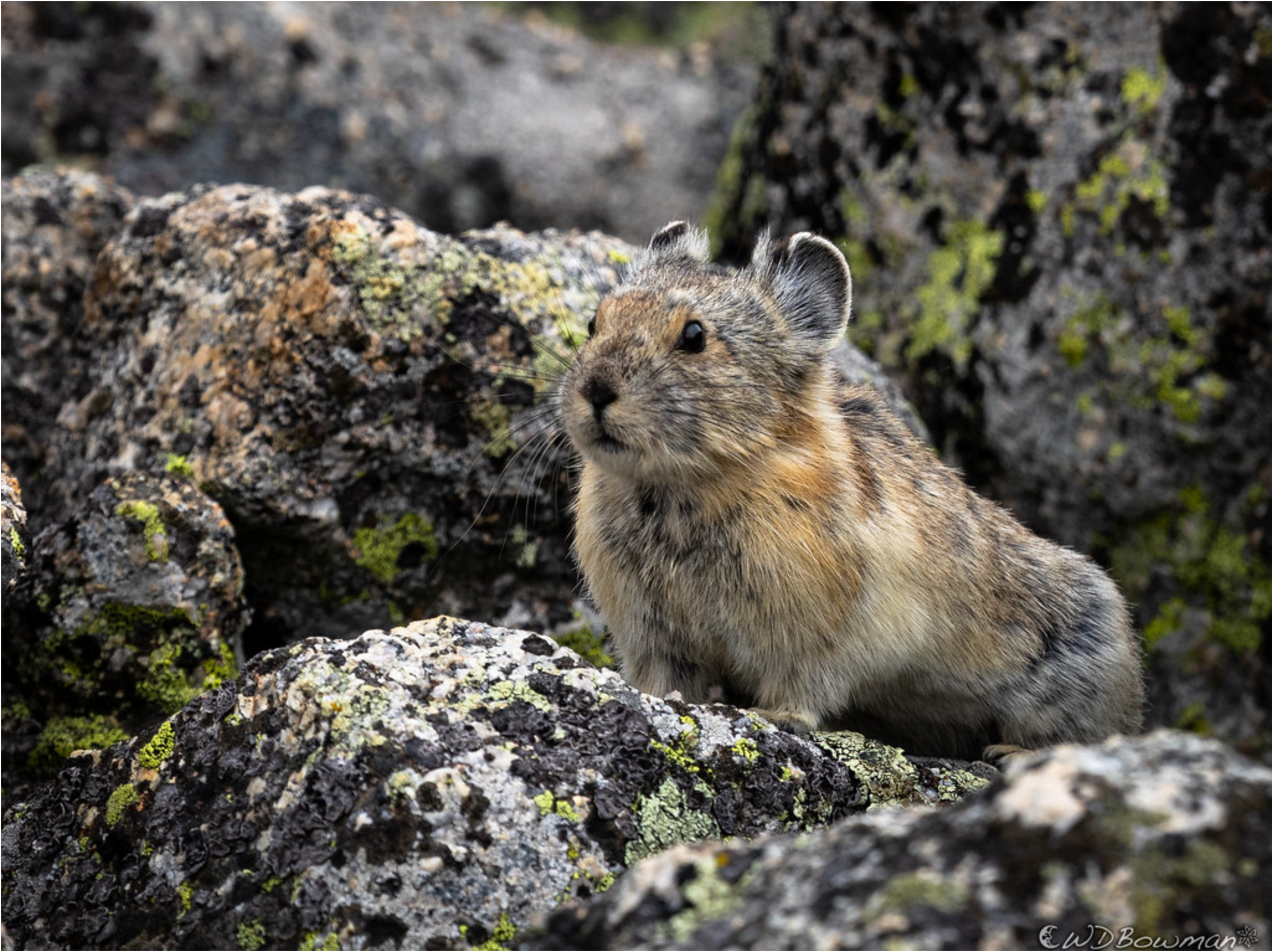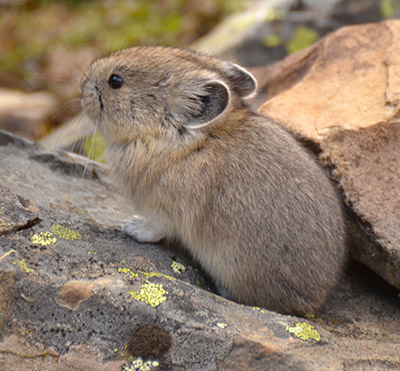Study: Geography, not genetics, influences American pika's response to climate change
4.7 (533) · € 32.00 · En Stock
A very large team of researchers from across the U.S. along with a few from Canada and Australia has found that geography is playing more of a role in how the American pika is responding to climate change than genetics. In their paper published in the journal Nature Climate Change, the group describes their exhaustive study of the small animal and what they found. Meagan Oldfather with the University of Colorado Boulder has published a News & Views piece in the same journal issue outlining the work by the team.

Prion disease: PRNP sequences of wild animals from the Qinghai-Tibet Plateau
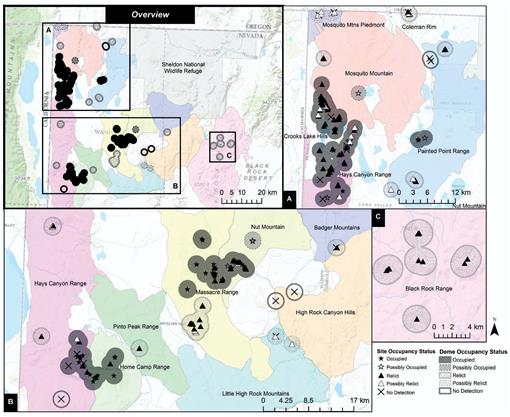
A Surprising Discovery of American Pika Sites in the Northwestern Great Basin

Journal of Biogeography
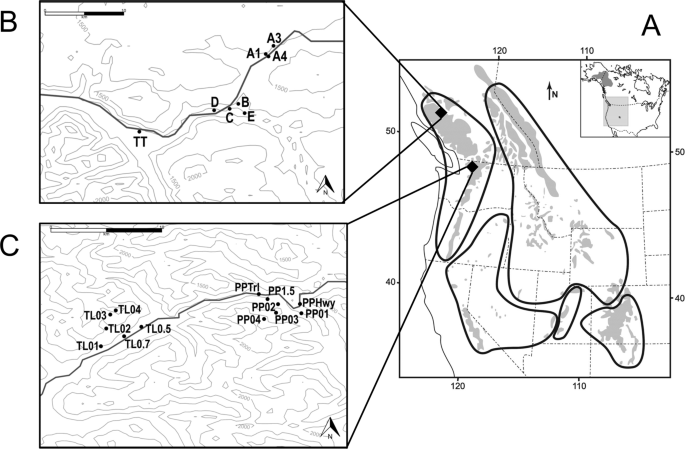
Genome-wide analysis reveals associations between climate and regional patterns of adaptive divergence and dispersal in American pikas

Study: Geography, not genetics, influences American pika's response to climate change

Population structure in pikas from the Bella Coola Valley. A. Scatter
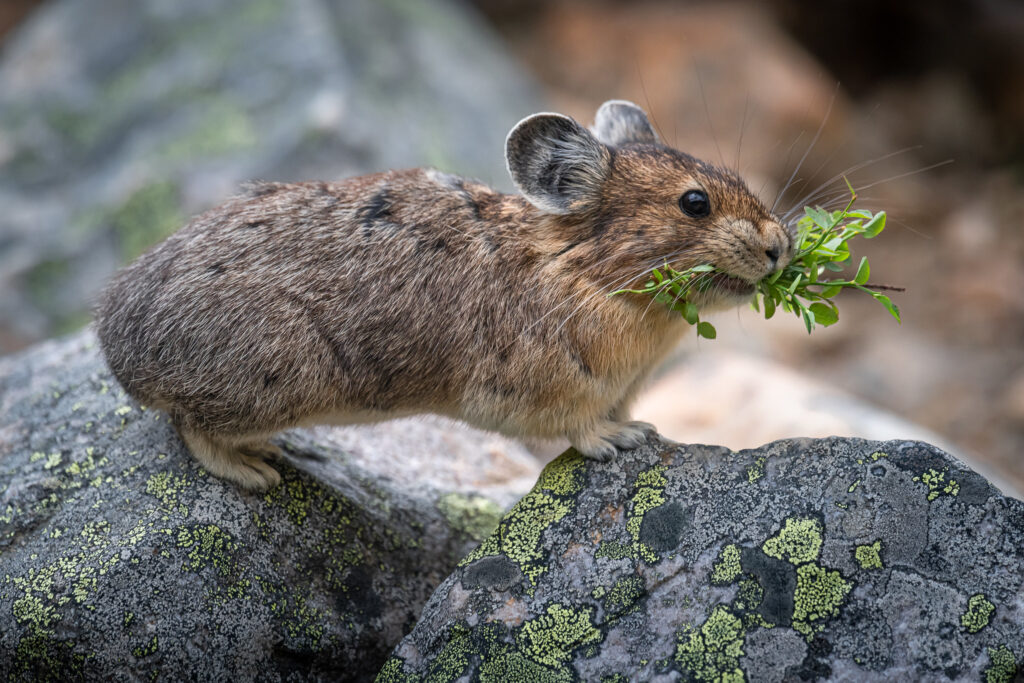
Climate Change Threatens California Pikas - Science Connected Magazine

Multi-locus genomic signatures of local adaptation to snow across the landscape in California populations of a willow leaf beetle

A review of the global climate change impacts, adaptation, and sustainable mitigation measures

Genome-wide analysis reveals associations between climate and regional patterns of adaptive divergence and dispersal in American pikas

Alternatives to genetic affinity as a context for within-species response to climate
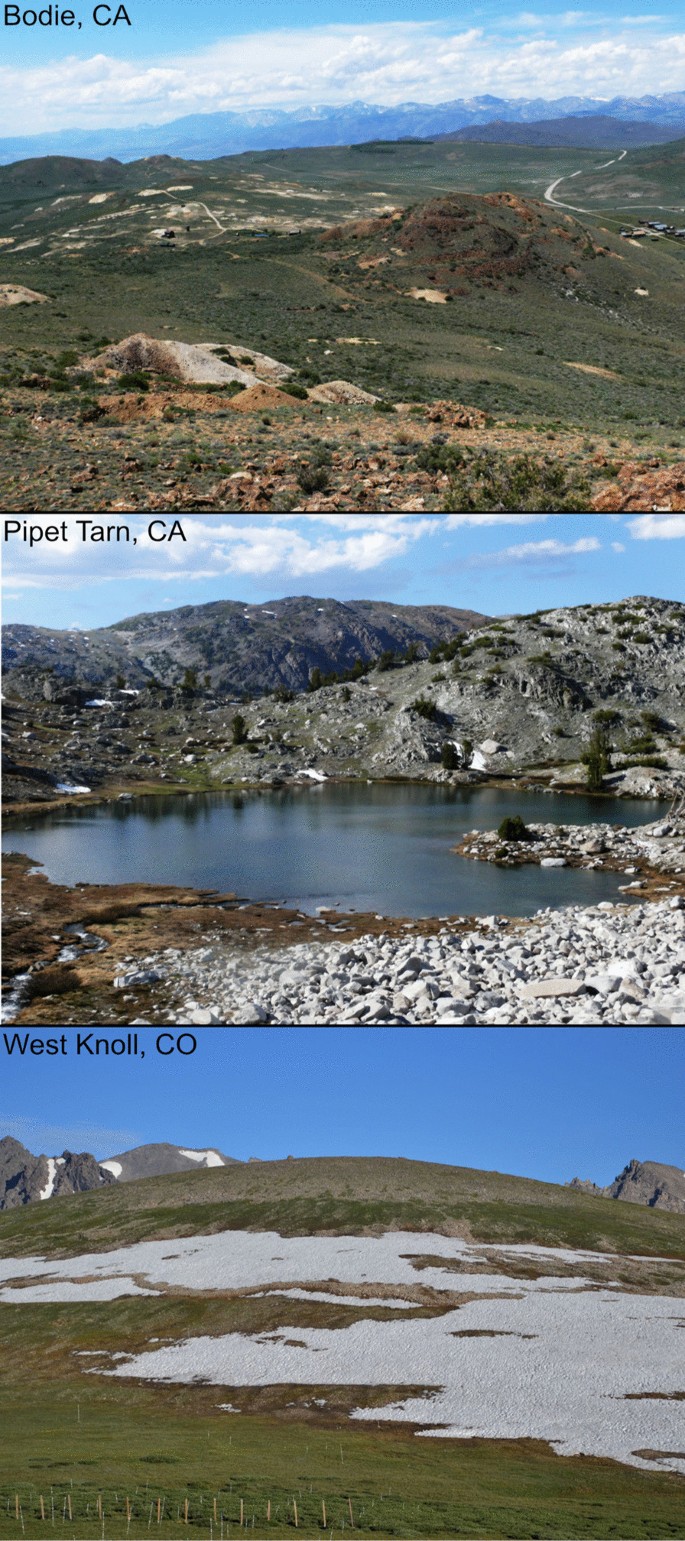
Genomic variation in the American pika: signatures of geographic isolation and implications for conservation, BMC Ecology and Evolution
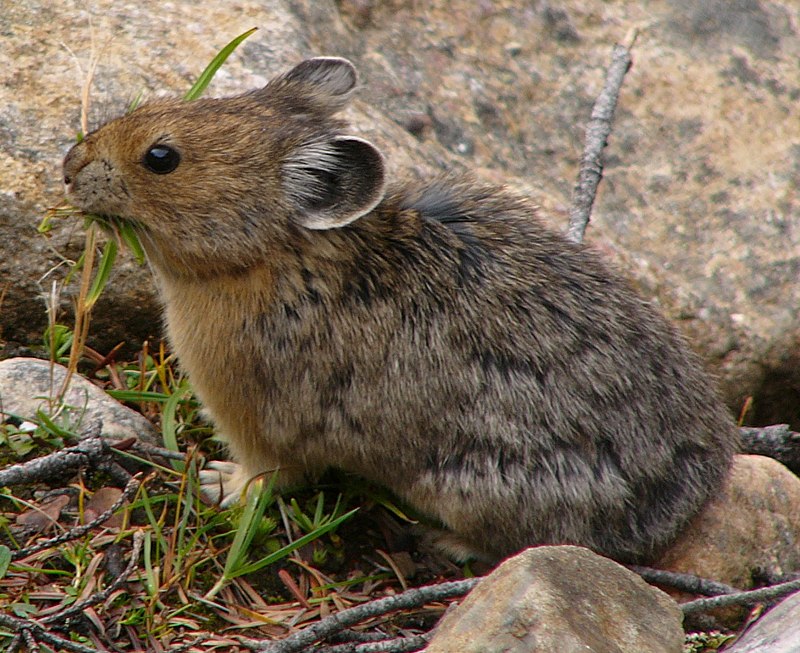
American pika - Wikipedia

Soil characteristics and bare ground cover differ among jurisdictions and disturbance histories in Western US protected area-centered ecosystems - Frontiers

Full article: Distribution, climatic relationships, and status of American pikas (Ochotona princeps) in the Great Basin, USA







